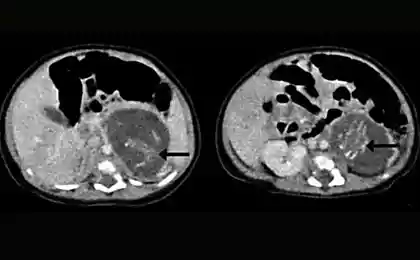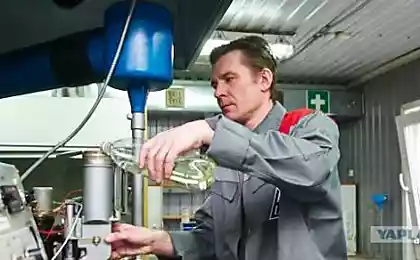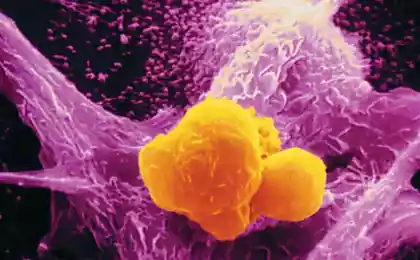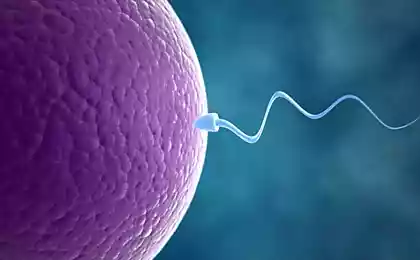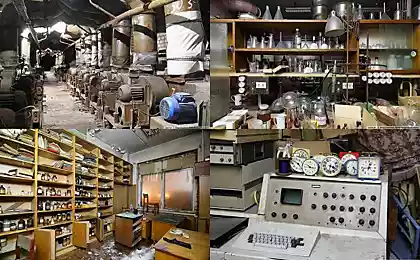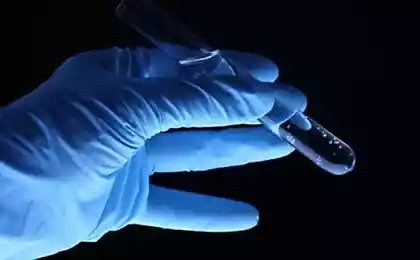454
In the laboratory, the first two weeks of a human embryo is grown

Scientists from Cambridge for the first time were able to support the growth of the human embryo in the laboratory during the first two weeks of its development. Previously, it was possible to do outside of the uterus not more than nine days, after which the embryos die. In this initial stage of its development includes the most mysteries for scientists.
Using the method of cultivation, tried out previously in the mouse embryo, the researchers were able to watch the hourly development of the embryo, its initial growth and self-organization, up to the 13th day. Scientists deliberately interrupted the experiment because the current rules work with human embryos exist in a dozen countries, including the US and UK, prohibit research on embryos of people more than 14 days from the beginning of their development.
"This is the most enigmatic and mysterious stage of human development, - says Magdalena Zernic-Goetz [Magdalena Zernicka-Goetz], co-author of the work. - At this time, it determined the basic shape of the body »
. Scientists, for example, it was found that on the 10th day of embryonic development he has a cellular structure, which disappears completely after 2 days. At the height of its growth, it takes 5-10% of the entire embryo. Scientists have long assumed that it was some kind of a transit authority, such as the tail, which develops in the later stages of fetal growth, and then lost.
"The development of the embryo - the process is extremely complex, and although our system is not able to reproduce every aspect of the process, it allowed us to discover the amazing ability of its self-organization, which was not previously known," - admires March Shabazz [Marta Shahbazi], one of the members the research team.
The researchers believe that the information they have received help to improve in vitro fertilization treatments (insemination outside the body, ECO) - around 50% placed in the uterus of fertilized eggs do not survive. They can also help in the development of regenerative medicine, and understand the causes of unsuccessful pregnancies.
At the moment, there is a limit for biologists - they can not maintain in the laboratory growth of human embryos more than 14 days. Now that the legal barrier to this came close real experiments, experts expect a review of the restrictions.
Zernic-Goetz believes that just a few extra days to explore the available embryos will yield a huge number of new valuable information. At the same time, it acknowledges that it will raise the question of where to stay is in the process of increasing the limits.
Source: geektimes.ru/post/275392/
I was born as joy and love ...
Autonomous robot surgeon had a surgery on soft tissue almost without human help



